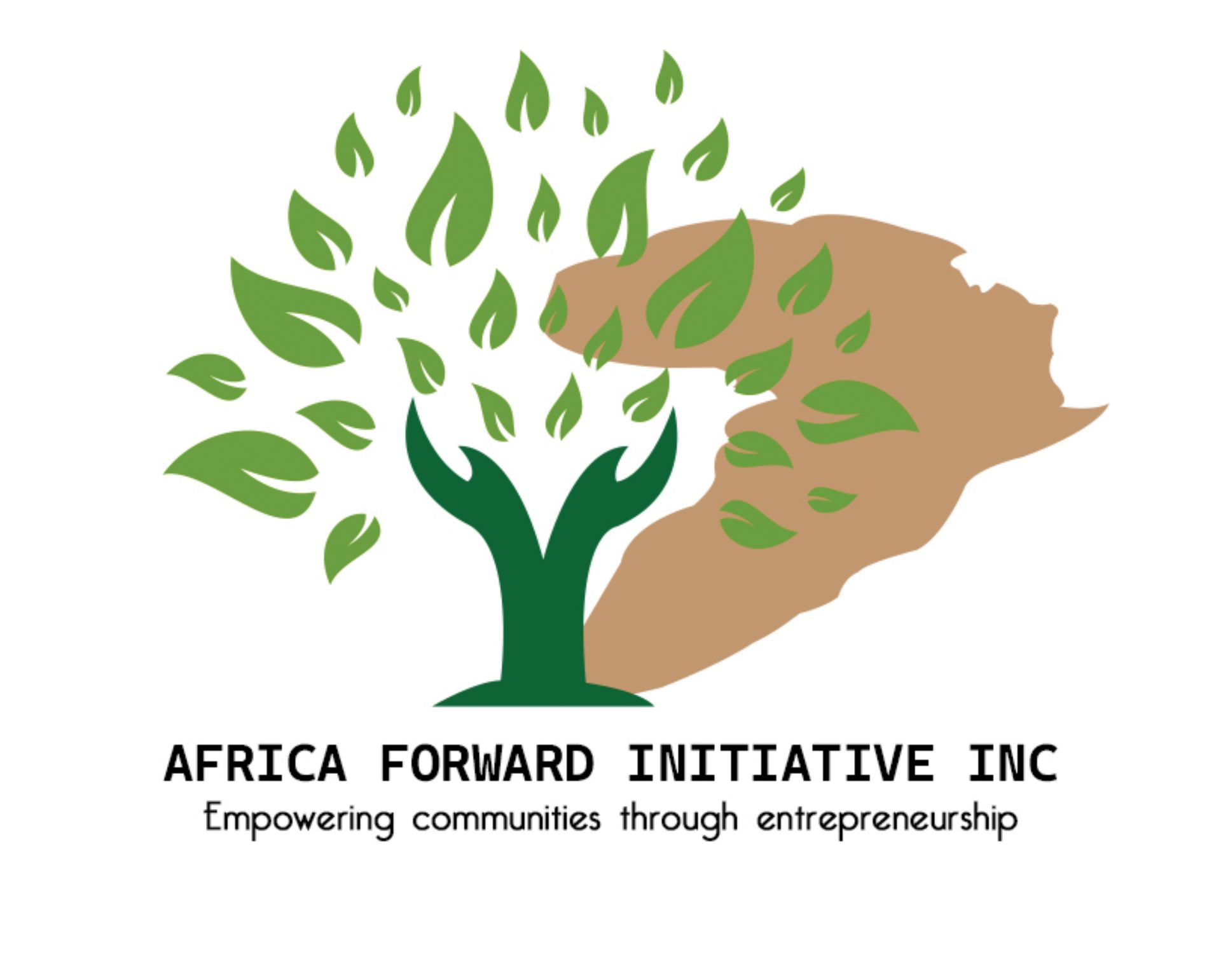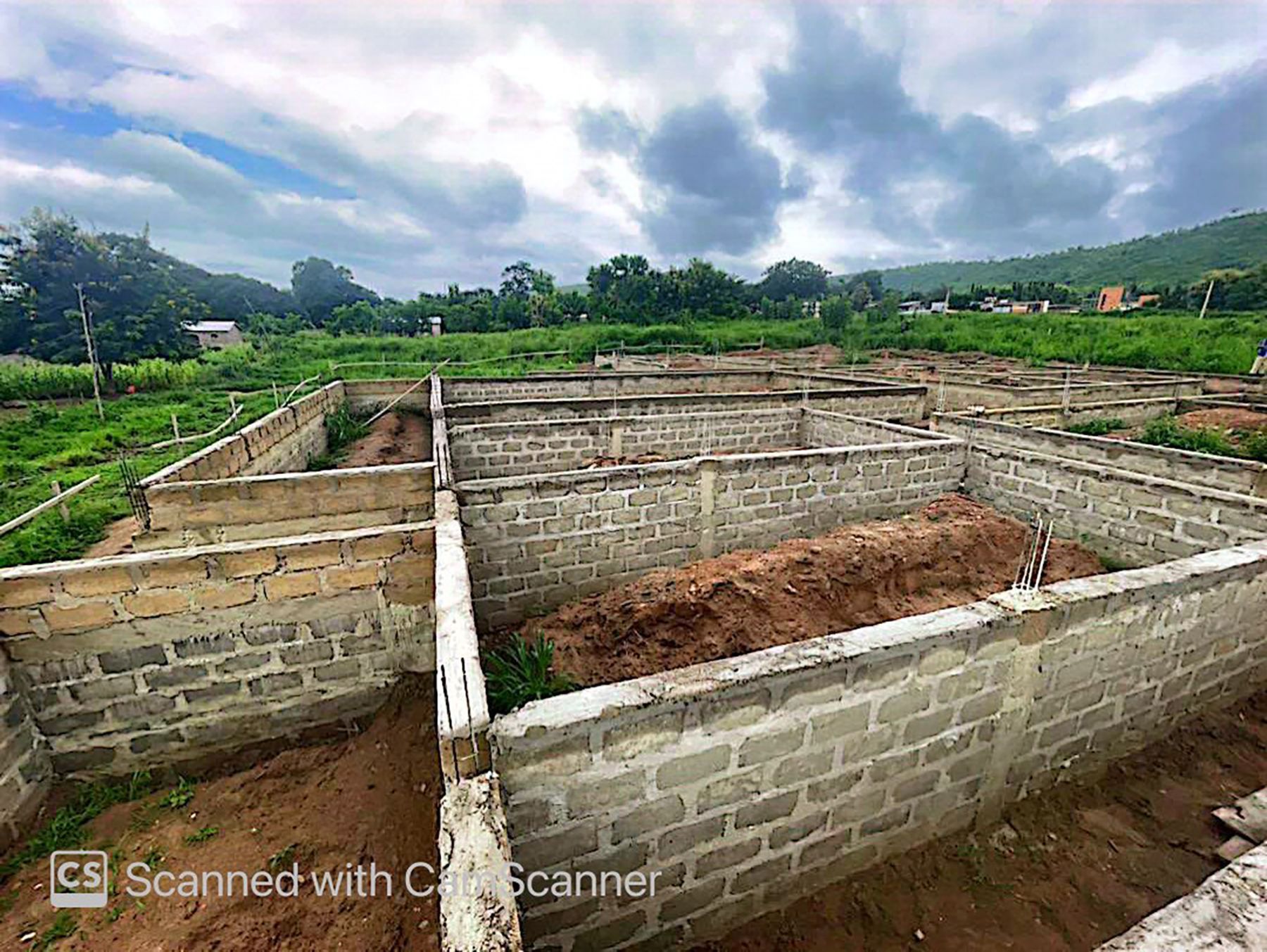Empowering Communities
THROUGH ENTREPRENEURSHIP
Around 460 million people in Africa live in extreme poverty. That’s roughly a third of the population of the entire continent living under the poverty threshold of approximately $1.90 U.S. dollars a day. But Africa is also a land of great potential, filled with cultural and ecological diversity and rich in human resources. Africa Forward Initiative, Inc. aims to break the cycle of extreme poverty by unleashing the potential within the people of Africa, empowering them to create their own sustainable incomes and lift their communities out of poverty themselves.
BE PART OF AFRICA’S FUTURE
Africa Forward Initiative, Inc. takes a dual approach to supporting African communities living in extreme poverty. One is by boosting entrepreneurship by way of microloans offered to individuals to expand and develop their small businesses. The other is by supporting infrastructure projects that raise the standard of living for entire communities and create even more opportunities. Your donation helps Africa Forward Initiative, Inc. achieve these goals.
Community Solutions
Entrepreneurship success stories
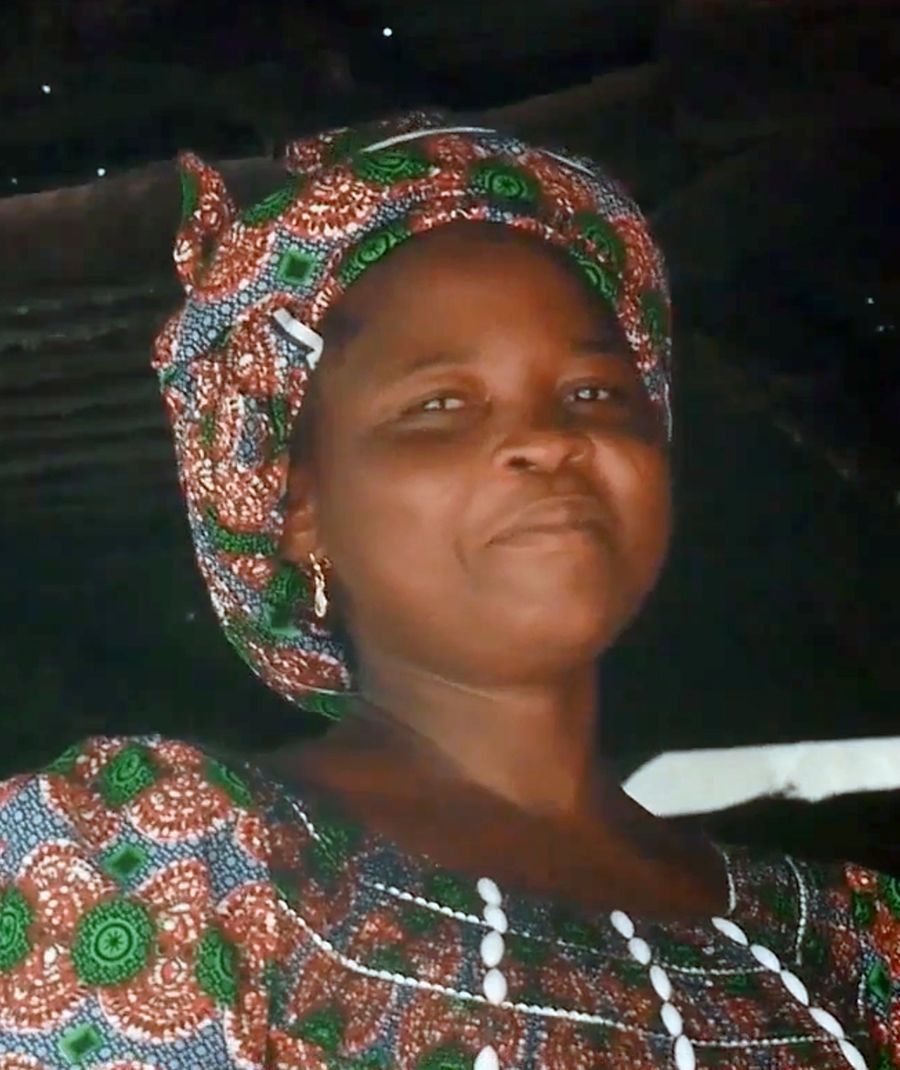
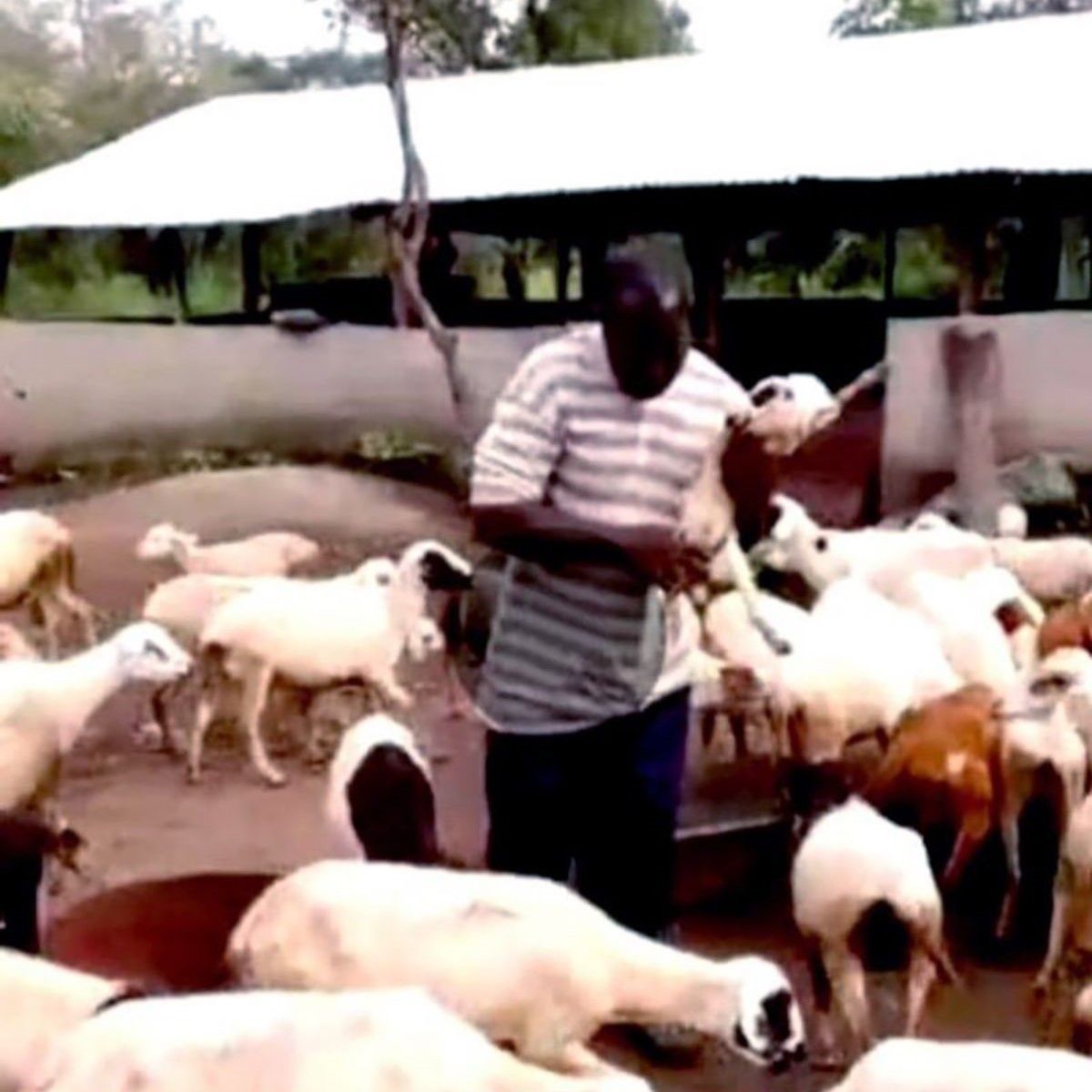
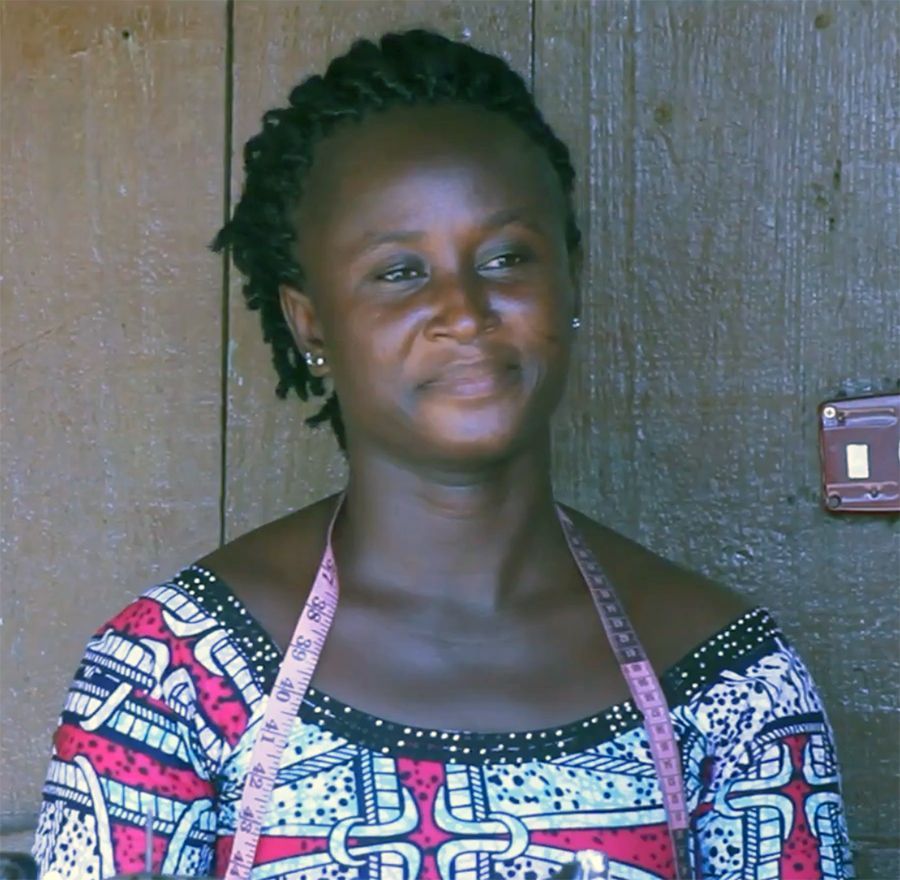
BY THE COMMUNITY, FOR THE COMMUNITY
Africa Forward Initiative’s success is due in large part to the community it serves. It was founded by Hezouwe Walada, a native of the village of Koumea in Togo, and is administered by a team of local workers who monitor the clients’ progress and offer guidance as needed to ensure success. Because they live in the very communities they serve, Africa Forward Initiative’s team is vested in the success of the individual clients and the community. Likewise, the clients are equally vested in the success of the organization’s community projects and everyone helps wherever possible, whether it’s digging the foundation for a clinic or pouring the concrete for a well. With everyone working together, the community thrives and grows.
GET TO KNOW TOGO
Togo is a West African nation on the Gulf of Guinea covering 22,000 square miles from north to sound with a width of 71 miles. Although small in size, Togo’s landscape has a wide range of stunning geographic features, from the rolling savanna of the northern region, to the hills of the country’s center, to the sandy beaches and palm trees of the coastal southern border. It’s home to roughly 8.65 million people, with the capital of Lomé on the southern coast the most populous city at close to 1.5 million people. However, most of the nation’s people (about 65 percent) live in the rural villages where agriculture is the main sector of the economy.
Although it’s one of the poorest countries in the world, thanks in part to political instability, inadequate education, and lack ofeconomic investment, Togo is also known for its friendly people and rich, diverse cultural heritage. The nation is made up of about 40 different ethnic groups, each with its own unique traditions, languages, and customs. There are 39 distinct languages spoken here, with French as the country’s official language.
Togo is also known for its vibrant markets, national parks and nature reserves, and UNESCO World Heritage Sites. It’s a popular destination for eco-tourism thanks to its diverse range of ecosystems, supporting a wide range of plant and animal species.
